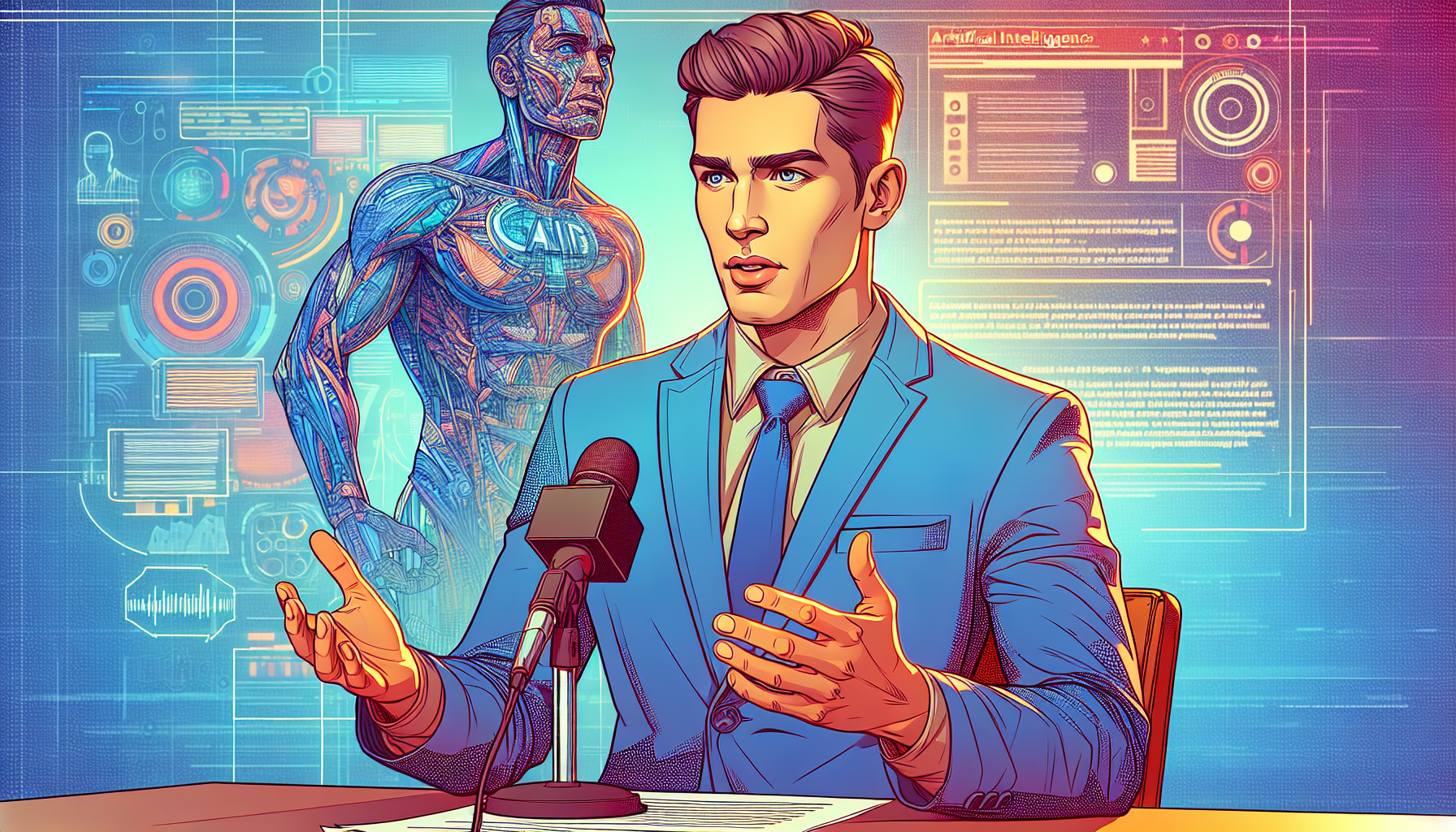
The Creative Heart of Filmmaking
When you think of AI, you might picture robots taking over the world, like a scene ripped straight out of a sci-fi thriller. Ben Affleck, however, took a less dystopian angle during his appearance at CNBC’s Delivering Alpha 2024 summit. The Batman star delivered some theatrical insights into why AI, while useful, may never win an Oscar for Best Original Screenplay. Affleck passionately pointed out that AI lacks the essential human traits of taste, collaboration, and intuition. Those little quirks and creativity that keep us glued to our seats.
The essence of filmmaking remains deeply human—a kaleidoscope of emotions, ideas, and spontaneous flashes of brilliance that even the most advanced algorithms can’t predict. While AI might be great at cracking a formulaic script, it simply doesn’t have the spark that humans bring to a project. After all, when was the last time a robot made you cry at the movies?
The Savior of Expensive Film Budgets
Before you start feeling too smug about our superiority, Affleck does admit that AI could play a fantastic sidekick in the filmmaking process. Think along the lines of Alfred to Batman rather than taking over the lead role. It can streamline those tedious, budget-draining elements like color correction and altering backgrounds—tasks that aren’t exactly known for their creative flair, to begin with. By trimming these excess processes, films could potentially lower costs, making the world of cinema more accessible to those with slender wallets but big dreams.
Despite this, Affleck gave a hefty warning to the visual effects teams out there. With AI stepping in, the landscape could change dramatically, and expensive special effects could become a lot more affordable. Sounds great, right? Well, it might not feel so marvelous for the countless workers who could find their jobs becoming obsolete, a twist we all saw coming.
The Great Debate
An age-old question in a modern package: Could AI revolutionize and possibly disrupt the filmmaking business as we know it? Affleck’s comments have set the stage for an Oscar-worthy drama among audiences and industry bigwigs alike. Some are cheering Affleck’s candid remarks, appreciating his balanced perspective. Others remain skeptical, wringing their hands over AI’s potential to play the villain in a saga of autonomous scripts and synthetic performances.
Beyond the fiery debates, there’s a legal thriller lurking in the shadows. The marriage of AI and filmmaking isn’t free of ethical and regulatory hurdles. Who owns the AI-driven art? Are we talking about creative collaboration or intellectual theft? Navigating these murky waters is crucial, especially when deepfake technology looms ominously on the horizon.
Striking the Right Cord
Affleck, donning his director’s cap, emphasizes the importance of achieving a delicate harmony between technological advances and human creativity. Yes, AI can be a tool, a rather nifty Swiss Army knife for filmmakers; however, it should enhance, not overshadow, the inherently human storytelling genius. The muse needs room to dance, not confines imposed by algorithms.
As we all log off and shuffle out of the chat rooms, there’s humor in knowing that while AI might help style our digital hair in post-production, the plotline still belongs to us fallible humans. Thanks to guys like Ben Affleck reminding us that, at least in the world of filmmaking, human ingenuity is still the plot twist we didn’t see coming.






